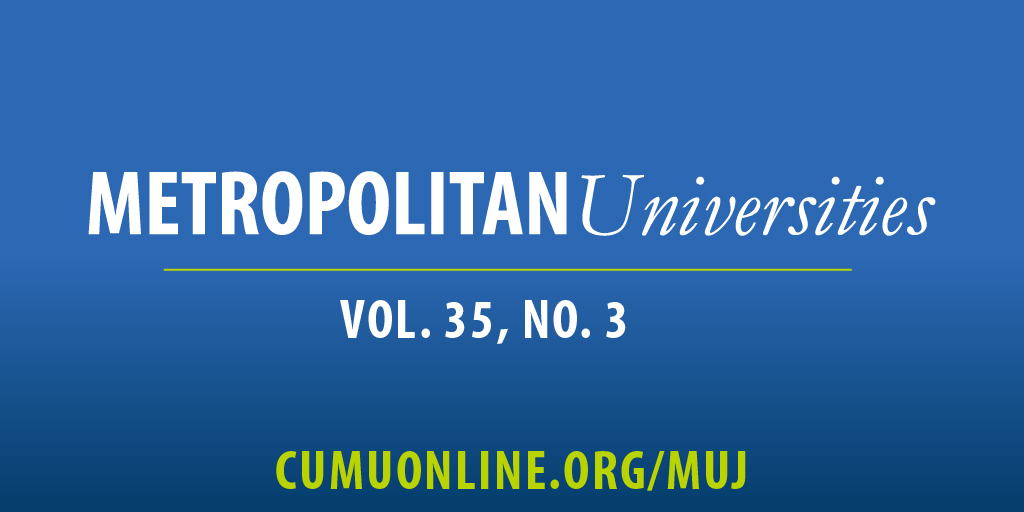Modeling and Cultivating Critical Global Citizenship Skills in the Online Space:
Lessons from Responsive Remote Project-Based Global Learning
DOI:
https://doi.org/10.18060/27549Keywords:
project-based learning, fair trade learning, ethics, community engagement, pedagogy, global learningAbstract
The COVID-19 pandemic brought unprecedented challenges to the function of higher education. For community-based global learning, these barriers might have felt insurmountable. How does one create a meaningful learning experience that was originally conceptualized as a place-based, urban, project-based international experience in the online space? This was the challenge for the authors and one that, while difficult, ultimately led to a number of insights. These insights were not only helpful for sustaining us during the quarantine but have proven to be important innovations for future engagement in a changed world. One of our greatest concerns is that we as a field and movement will fall back to our old ways, forgetting that “normal” was not particularly equitable, just, or sustainable, and that what was learned in the pandemic could go a long way to reorienting our compass towards justice. In the following paper, we focus on a review of authentic learning, global learning, and pedagogical constructs that build accountability, empathy, and humility - critical global citizenship skills - in learners. We share insights from shifting a traditionally face-to-face (F2F), immersive international experience to a fully online modality. Finally, we posit some promising practices and recommendations that could shape future online global citizenship education and the opportunities it affords, especially as natural disasters, pandemics, and sustainability concerns complicate the future of these project-based global learning endeavors.
References
Adedoyin, O. B., & Soykan, E. (2020). Covid-19 pandemic and online learning: the challenges
and opportunities. Interactive Learning Environments, 1-13.
American Association of Colleges and Universities. (2023). "Definitions of Global Learning".
Available: https://www.aacu.org/office-of-global-citizenship-for-campus-community- and-careers/definitions-of-global-learning
Andreotti, V. (2010). Postcolonial and post-critical ‘global citizenship education’. Education and social change: Connecting local and global perspectives, 238-250.
Hartman, E. (2015). Fair trade learning: A framework for ethical global partnerships. In
International Service Learning (pp. 229-248). Routledge.
Merryfield, M. (2003). Like a veil: Cross-cultural experiential learning online. Contemporary
issues in technology and teacher education, 3(2), 146-171.
Mezirow, J. (1998). On critical reflection. Adult education quarterly, 48(3), 185-198.
Wahyuningsih, S., Satyananda, D., Qohar, A. & Atan, N. (2020). An Integration of "Online
Interactive Apps" for Learning Application of Graph Theory to Enhance Creative Problem Solving of Mathematics Students. International Association of Online Engineering.
Retrieved from https://www.learntechlib.org/p/217779/
Downloads
Published
Issue
Section
License
Copyright (c) 2024 Sarah Eliza Stanlick; Joseph Doiron

This work is licensed under a Creative Commons Attribution 4.0 International License.



